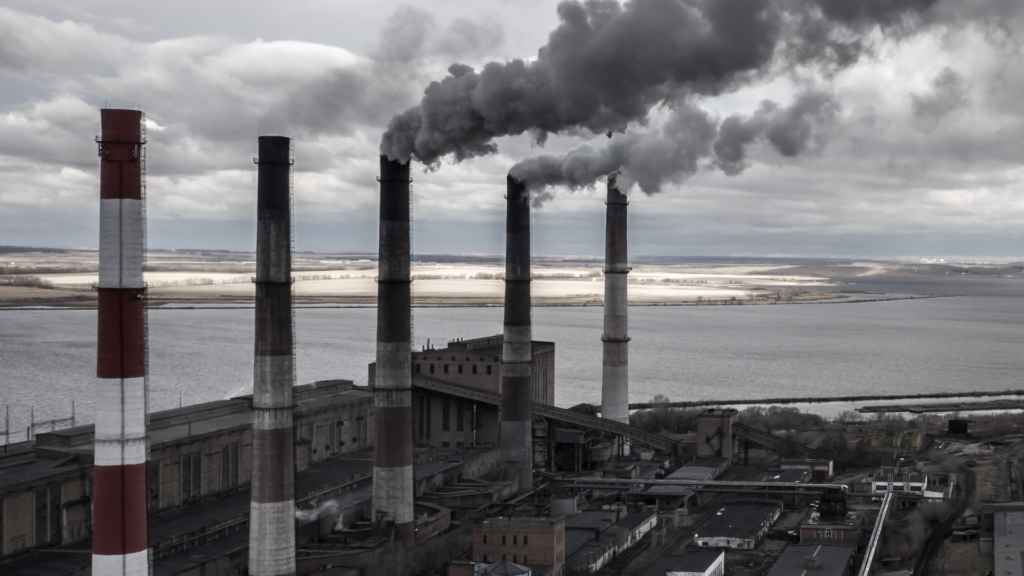Britain Closes Last Coal-Fired Power Station, Leading G7 Nations in Ending Coal Dependence for Electricity

- Historic Closure: The UK becomes the first G7 country to end reliance on coal for electricity, closing its last coal-fired plant.
- Energy Transition: Uniper will transform the Ratcliffe-on-Soar site into a “carbon-free technology and energy hub” during a two-year decommissioning process.
- Global Influence: Britain sets an example for other nations in decarbonizing energy, as Italy, France, Canada, and Germany plan similar moves.
Britain’s Final Chapter on Coal
The UK’s last coal-fired power station, Ratcliffe-on-Soar, closed its doors on Monday, making Britain the first G7 nation to end its reliance on coal for electricity production. The move marks a significant step in the UK’s ambition to decarbonize its energy sector by 2030 and achieve net-zero emissions by 2050.
“The era of coal might be ending, but a new age of good energy jobs for our country is just beginning,” said Energy Minister Michael Shanks.
Transitioning to a Greener Future
The plant, which has powered the central England landscape for nearly 60 years, will enter a two-year decommissioning period starting in October, according to Uniper, the site’s owner. During this time, 350 employees and contractors will either be redeployed within the company or leave in planned redundancy phases by the end of 2026.
In its place, Uniper will develop a “carbon-free technology and energy hub,” symbolizing the UK’s commitment to renewable energy and sustainable innovation.
“Britain has set an example the rest of the world must follow,” said Doug Parr, policy director at Greenpeace UK. He emphasized that global efforts must now turn towards phasing out oil and gas, a key topic at the upcoming COP28 summit.
A Historic Shift
Ratcliffe-on-Soar’s closure signifies the end of a 140-year dependency on coal, dating back to 1882 when the world’s first coal-fired power station was established in London. The shift away from coal has accelerated in recent decades, dropping from 70% of the UK’s energy mix in the 1980s to just 1% last year.
“Coal was the backbone of the UK’s power generation for over a century, but its place is now in the history books,” said Tony Bosworth, energy campaigner at Friends of the Earth.
Leading the Charge in Green Energy
Britain’s closure of its last coal-fired plant paves the way for further developments in renewable energy. In 2023, a third of the UK’s electricity was generated from natural gas, while wind power accounted for a quarter and nuclear power 13%.
Related Article: Britain’s financial watchdog FCA to tap $1 bln of ‘dormant’ cash for social and green projects
With its newly elected Labour government, the UK has launched an ambitious green energy plan, focusing on offshore wind, tidal, and nuclear power. The creation of a publicly owned energy body will spearhead these investments, aiming to ensure a cleaner, more sustainable energy future for the nation.
The decommissioning of Ratcliffe-on-Soar serves as a milestone in the global effort to decarbonize, setting a benchmark for other countries, including Italy, France, and Canada, who have pledged to end coal-based electricity within the next decade.









